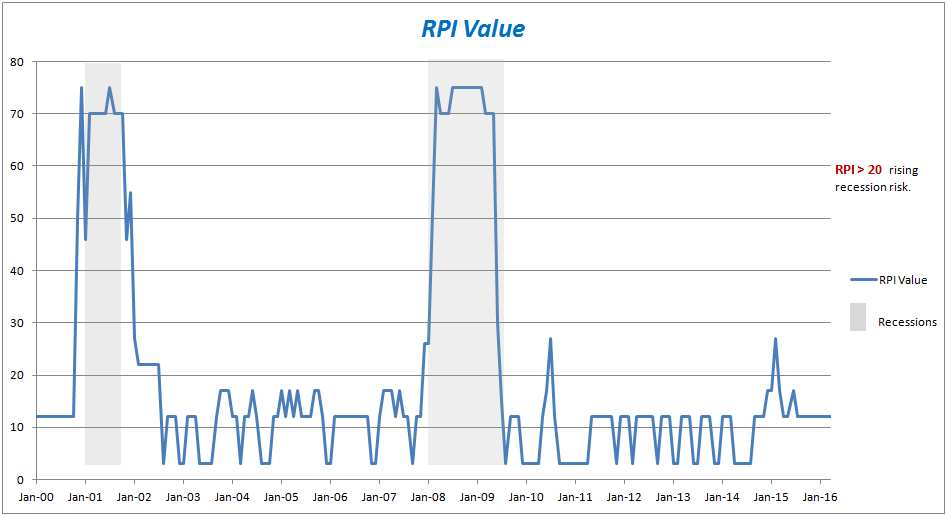FORM CRS – Customer Relationship Summary
revision 6/30/2022
Introduction: ACI Wealth Advisors, LLC is a state registered investment advisor (Florida, California, Texas) and is a member of the Financial Industry Regulatory Authority (FINRA). ACI is subject to both state administrators and SEC oversight. ACI provides investment advisory services and planning services under a variety of fee structures. As a single registration advisor, ACI is considered a fiduciary under the law and is one of very few advisors to have selected the single registration path. As part of our learning process, clients/prospects provide answers to questions on an intake form regarding their investment goals, financial situation, financial needs, assets, and risk tolerance. ACI uses this information to provide investment or planning services customized to each person ACI works with.
What investment services and advice can ACI provide? Investment advisory services can include discretionary management of client assets, investment planning, income planning, retirement planning, financial planning, general financial advice and consulting. For the most part, planning services are provided on a flat fee basis of $699. For more complex planning, the fee may be negotiated, or services can be provided at the hourly rate of $250 per hour.
Ask your financial professional: How will you choose investments to recommend to me? What is your relevant experience including licenses, education and any other qualifications? What do these licenses and qualifications mean?
What fees will I pay? Unlike most financial companies, ACI does not accept commissions from 3rd parties for the recommendation of securities funds, mutual funds or securities products. Nor is ACI compensated to buy or sell securities in your account. ACI compensation is a flat fee based on the value of your account on a sliding scale from 1% – 2% annually. Fees may be adjusted at the discretion of the Independent Advisor Representative (“IAR”) you are working with.
Trade costs are determined by the custodian and ACI does not benefit.
Funds, including mutual funds, ETFs, ETNs, etc. have their own management fees which clients must pay to invest in a given fund or strategy. Generally, ACI prefers to use low cost, highly liquid funds in client portfolios. Management and/or administration fees for such funds range from 0.05% up as high as 1.5% for a specialized fund. On average, an ACI constructed portfolio has about 0.3% in fund management or fund administration fees, or about $3 per $1000 invested.
ACI receives no compensation from fund managers or administrators for investing client dollars in them.
You will pay fees and costs whether you make money or lose money on your investments. Fees and costs will reduce any amount of money you make on your investments over time. Make sure you understand what fees and costs you are paying. You will see transaction costs disclosed by the trade confirmations sent to you by the custodian.
Ask your financial professional: If I give you $100,000 to invest, how much will go to fees and costs and how much will be invested for me?
What are your legal obligations to me when providing recommendations as my investment advisor? In the course of making recommendations as your investment advisor, including any planning services, ACI and affiliated Independent Advisor Representatives (“IAR”) are required to act in your best interest and put your best interest ahead of ours. This is known as the fiduciary duty.
We are also required to disclose any potential conflicts of interest to clients both verbally and in writing.
One such potential conflict of interest is that ACI Independent Advisor Representatives (“IAR”) may be insurance licensed. Where appropriate and in a client/prospects best interest, fixed index annuities and life insurance products may be offered to clients/prospects through an agent’s affiliated insurance organization. Insurance agents are paid a commission on the sale of insurance products. ACI requires IARs to disclose the potential conflict of interest to clients/prospects in writing, including disclosing the commissions, and requires IARs to make clear that clients/prospects are under no obligation to transact through them.
How do your financial professionals make money? IARs make money from fees based on assets under management, as disclosed above, base salary, and may also earn money from the sale of insurance products through the IAR’s affiliated insurance organization.
Do you or your financial professionals have legal or disciplinary history? No, at the time of this update, no affiliated financial professionals have a legal or disciplinary history. You may visit investor.gov/CRS for a free and simple search tool to research ACI and any affiliated financial professional.
Additional Information: Please see additional Regulation Best Interest Disclosures below. If you would like to discuss this form or have questions, please call 888-407-4472.
ACI Rollover Recommendations Under Regulation Best Interest (Reg Bl)
revision 6/30/2022
The purpose of this document is to help you in understanding how ACI works with clients like you.
You can use this material to decide whether to proceed with a rollover without a recommendation from ACI. If you do want a recommendation, your ACI financial professional will discuss the advantage of doing a rollover vs. leaving your assets in your retirement plan and will make a recommendation based on your best interest.
Conflict of Interest in IRA Rollover Recommendation: There is an inherent conflict of interest in the recommendation to rollover retirement plan assets into an IRA managed by ACI. ACI will make money on your assets in the form of a management and/or performance fee if you choose to roll your retirement plan into an ACI managed IRA. If you do not rollover your retirement plan, ACI will not make any money for managing your assets.
ACI Independent Advisor Representatives (“IAR”) have the same conflict.
To help determine whether a rollover recommendation is in your best interest, please consider the following:
Roll over your 401k into an IRA:
Advantages
• Your investments will remain tax-deferred until you withdraw them
• You will have access to a wide range of investments, including mutual funds, ETFs, stocks, bonds, options and more
• You will have access to a wide range of tools, resources, and services
• You may have the flexibility to convert to a Roth IRA
• You may benefit from the advice of your investment advisor, including risk management, income & retirement strategies
• Potential for custom investment portfolios built around you.
Disadvantages
• You will not be able to take a loan against your account
• Any loan balances would need to be repaid prior to rolling over or you may incur income taxes and potentially a 10% tax penalty
• Your investments may incur trading-related costs.
• You are unlikely to have access to the exact same investments in an IRA that you had in your plan.
• The level of protection from creditors for assets in an IRA is lower than in a company retirement plan
• If you hold appreciated employer stock in your former employer’s plan account, there may be tax consequences. You should consult a tax advisor
Leave your assets in your old employer’s plan:
Advantages
• Your investment plan choices may include low-cost, institutional-class products
• Your total costs may be lower than other alternatives
• Your investments will remain tax-deferred until you withdraw them
• You may be able to take loans against your account
• You may not have to take any action or complete additional paperwork
• You may be able to take penalty-free withdrawals if you left your old employer between age 55 and 59
• Your retirement plan balances may be better protected from creditors and legal judgements under federal law
• You may still be able to roll over to a future employer’s plan later
• You would still have access to any investor education, guidance and planning provided to plan participants
• The investment choices on your plan menu were selected by a plan fiduciary
Disadvantages
• Your investment choices could be limited what is available in the plan
• Your former employer may pass certain plan administration or recordkeeping fees through to you
• You would not be able to contribute any new funds
• Managing your investments among multiple accounts can be a lot of work
• You may not be able to access professional advice specific to your situation
• You may need to manage your risk directly
Roll your assets into a new employer’s plan
Advantages
• Your costs may be lower than other alternatives
• Your investments will remain tax-deferred until you withdraw them
• You may be able to take loans against your account
• You may be able to take penalty-free withdrawals if you leave your new employer between age 55 and 59
• Your retirement plan balances may be better protected from creditors and legal judgements under federal law
• Your plan investment choices may include low-cost, institutional-class products
• You may have access to investor education, guidance and planning that your new employer provides to plan participants
• The investment choices on your plan menu were selected by a plan fiduciary
• If you roll over to a new employer’s plan you may not have to take required minimum distributions (RMDs) if you decide to keep working
Disadvantages
• Your investment choices would be limited to those in the plan
• Your new employer may pass certain plan administration or recordkeeping fees through to you
• If you hold appreciated employer stock in your former employer’s plan account, there may be tax consequences. You should consult with a tax advisor.
Take a cash distribution from your retirement plan:
Advantages
• Your money (after any taxes and applicable penalties) will be immediately available to you
Disadvantages
• Your retirement savings will be depleted
• The amount that you cash out will be subject to mandatory 20% withholding for federal taxes if under age 59½
• Your distribution will be subject to applicable federal, state and local taxes
• You may be subject to a 10% penalty if you under the age 59½
• You may lose the compounding advantages of tax deferred investments
If you would like to receive an email or hard copy of these disclosures, please email info@aciwealth.com or call 888.407.4472


